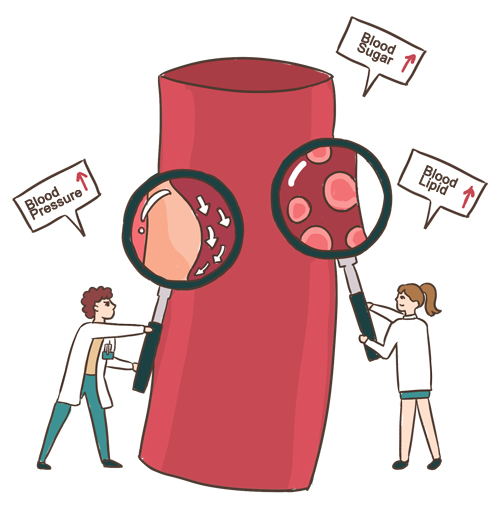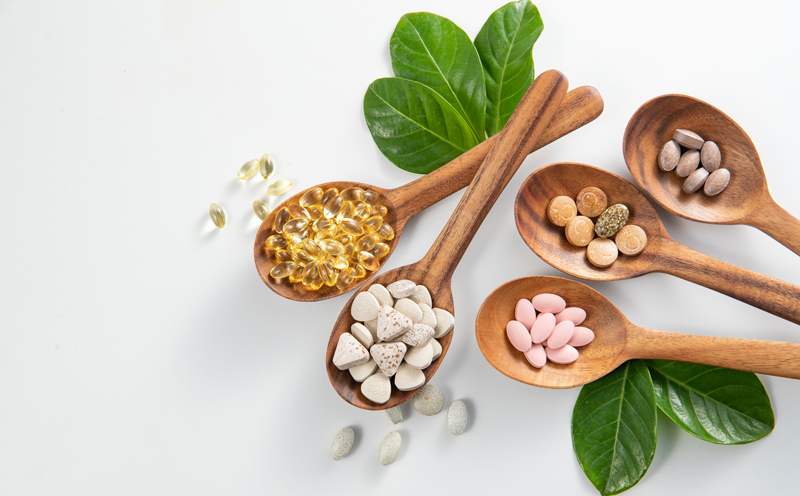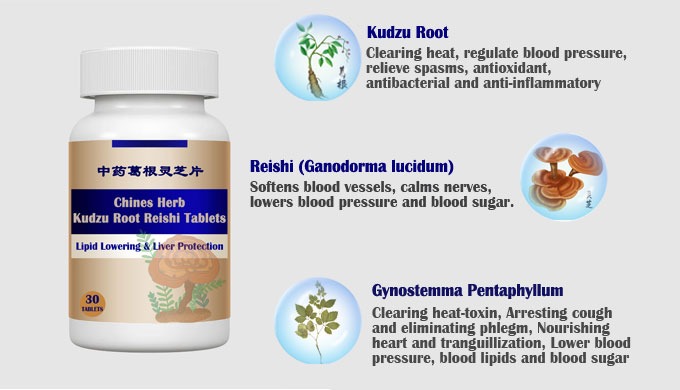
Hyperlipidemia is one of the important risk factors for hypertension, diabetes, coronary heart disease and stroke. Increased cholesterol, increased triglycerides, or both cholesterol and triglycerides are all part of hyperlipidemia, which is caused by abnormalities in lipid metabolism, manifested by elevated plasma triglycerides, total cholesterol, and LDL, along with a decrease in HDL. Chronic hyperlipidemia can lead to atherosclerosis, which increases the prevalence of cardiovascular disease and mortality.
According to the World Health Organization, about 17 million people die from this chronic disease each year, accounting for about 30 percent of all deaths worldwide. Hyperlipidemia is common among the elderly aged 60 and above, and the total prevalence of dyslipidemia in China's elderly population is as high as 47%. In recent years, the prevalence of hyperlipidemia in China has risen significantly, and according to statistics, there are no less than 250 million patients with hyperlipidemia in China, and the patients are getting younger and younger. According to the Report on "Nutrition and Chronic Disease Status of Chinese Residents (2020)", the overall prevalence of hyperlipidemia in China is as high as 35.6% among residents aged 18 years and above, which has brought a serious burden to social health.
So what should you do if you have high blood cholesterol?
What are the differences between Western Medicine and Chinese Traditonal Medicine treatment options?

- Western Medical Treatments
Western medicine treats hyperlipidemia mainly by inhibiting the liver's synthesis of lipids or promoting the intestinal excretion of cholesterol and triglycerides, thereby reducing the content of lipid substances in the blood.
- TCM Treatments
Chinese medicine treatment of high blood lipids is mainly assisted by traditional herbal medicine and dietary regimens, which strengthen the spleen and resolve dampness, detoxify the liver and clear heat, and nourish the kidney Yin to regulate the internal environment of the body and restore the balance of Qi and blood.
- Objectives of Western Medicine
The goal of Western medicine in treating hyperlipidemia is to lower the levels of cholesterol, triglycerides and other lipids in the blood to a level at or near normal, thereby reducing the occurrence and development of cardiovascular disease.
- Objectives of TCM Treatment
The goal of Chinese medicine in treating hyperlipidemia is to regulate the operation of Qi and blood, dredge the meridians and collaterals, and balance Yin and Yang, so as to enable the organism to restore normal metabolic functions, thus eliminating or alleviating the various discomforts caused by hyperlipidemia.
- Western Medicine Treatment of Hyperlipidemia
Pros: It quickly reduces the level of lipids in the blood, making it a first aid remedy for patients who have already triggered cardiovascular diseases.
Cons: Western drug treatment can cause some adverse reactions, such as abnormal liver function, muscle pain, gastrointestinal discomfort, etc. Regular monitoring and adjustment of drug dosage are required. Moreover, western drugs cannot eradicate hyperlipidemia, and the blood lipid level will rebound once the drug is stopped.
- TCM Treatment of Hyperlipidemia
Pros: No side effects, regulates the body function according to the patient's individual physical condition, eliminates the root cause of high blood lipids from the source.
Cons: The results are slow and need to be taken consistently over a long period of time, along with dietary and lifestyle changes.

Chinese Herb Lipid Lower Kudzu Root Reishi Tablets for Lipid-Lowering & Liver Protection
The liver is the largest organ of the body, also the key to metabolism, with strong biological transformation and detoxification for many harmful factors that from outside and metabolically produced inside。
The fat your body ingested is also metabolized by the liver. When the liver synthesize fat and transport it into the blood decreases, then lipids can accumulate in the blood vessels and liver, result in hyperlipidemia.
Therefore, protecting the liver as well as lowering blood lipids can truly reduce the burden on the liver.